Embark on an in-depth exploration of the Joint Staff Law of War Pretest, an essential tool for enhancing legal compliance and operational effectiveness in military operations. This comprehensive guide provides a captivating overview of the pretest’s purpose, structure, content coverage, scoring system, preparation strategies, and its significance in shaping decision-making and the conduct of military actions.
Delving into the intricacies of international law and military ethics, the Joint Staff Law of War Pretest serves as a rigorous assessment of service members’ understanding of the legal framework governing armed conflict. Its impact extends far beyond individual performance, influencing the overall conduct of military operations and ensuring adherence to international humanitarian law.
Joint Staff Law of War Pretest Overview
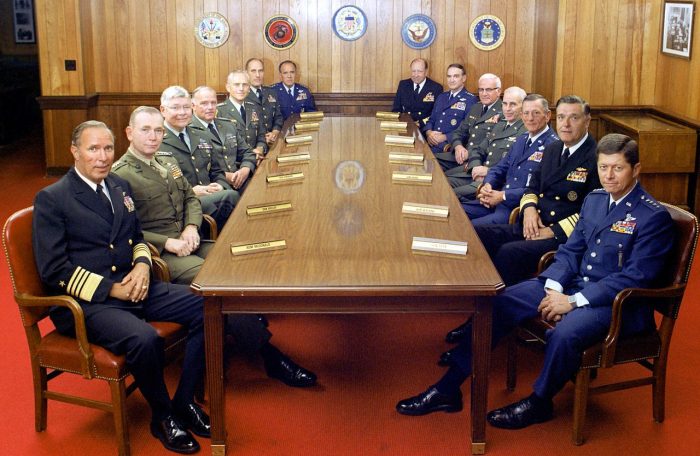
The Joint Staff Law of War Pretest is a crucial assessment tool designed to gauge the understanding and proficiency of military personnel in the complex legal framework governing armed conflict.
The pretest serves as a comprehensive evaluation of individuals’ knowledge of the Law of War, including its principles, rules, and applications. It aims to identify areas where further training and education are necessary to ensure that military personnel can operate in accordance with legal and ethical obligations during armed conflicts.
In preparation for the Joint Staff Law of War pretest, it’s essential to delve into the intricacies of the ocean’s depths. The layers of the ocean worksheet provides a comprehensive guide to understanding the ocean’s structure and its impact on military operations.
By studying these layers, candidates can gain valuable insights into maritime law and the challenges of operating in this vast and complex environment. Returning to the Joint Staff Law of War pretest, this knowledge will prove invaluable in navigating the complexities of maritime conflict and ensuring compliance with international law.
Target Audience
The Joint Staff Law of War Pretest is primarily intended for military personnel who may be involved in planning, conducting, or supporting military operations. This includes members of the Joint Staff, combatant commands, and other relevant units.
The pretest is particularly relevant for individuals with responsibilities related to operational planning, legal advice, policy development, and training in the Law of War.
Pretest Structure and Format
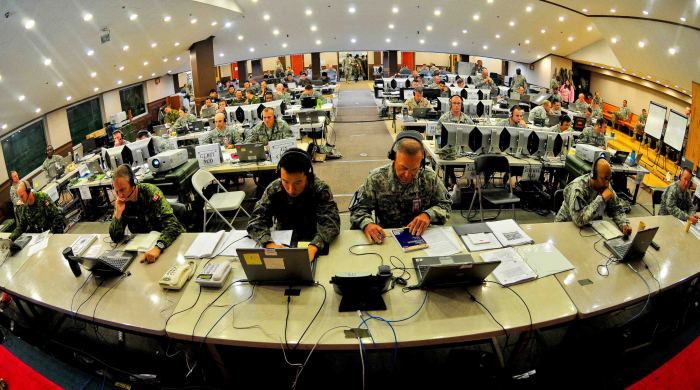
The Joint Staff Law of War Pretest consists of a set of multiple-choice questions designed to assess an individual’s knowledge and understanding of the law of war. The pretest is divided into several sections, each covering a specific aspect of the law of war.
Number and Types of Questions
The pretest typically includes approximately 100 multiple-choice questions. The questions cover a wide range of topics, including:
- The definition and scope of the law of war
- The principles of distinction, necessity, and proportionality
- The rights and protections of civilians
- The conduct of hostilities
- The enforcement of the law of war
Content Coverage
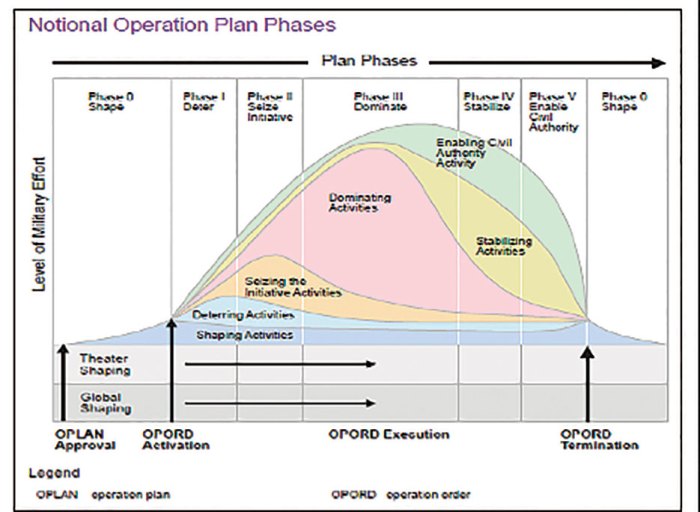
The Joint Staff Law of War Pretest encompasses a wide range of legal principles, ethical considerations, and operational scenarios relevant to the conduct of military operations.
The key topics covered by the pretest include:
Legal Principles
- The law of armed conflict (LOAC)
- The Geneva Conventions
- The Hague Conventions
- The Rome Statute of the International Criminal Court
- The U.S. War Crimes Act
Ethical Considerations
- The principles of distinction, proportionality, and necessity
- The duty to avoid unnecessary suffering
- The prohibition against torture and other cruel, inhuman, or degrading treatment
- The obligation to respect human rights
Operational Scenarios
- The use of force in self-defense
- The targeting of civilians and civilian objects
- The detention and treatment of prisoners of war
- The use of weapons of mass destruction
- The conduct of military operations in urban areas
Scoring and Evaluation

The Joint Staff Law of War Pretest employs a comprehensive scoring system to assess performance and identify areas for improvement.
Each question is assigned a point value based on its difficulty and significance. Correct answers are awarded the full point value, while incorrect answers receive zero points. The total score is calculated by summing the points earned on all questions.
Criteria for Evaluation
Performance on the Joint Staff Law of War Pretest is evaluated based on several key criteria:
- Accuracy:The percentage of correct answers reflects the overall understanding and proficiency in the subject matter.
- Comprehensiveness:The ability to demonstrate knowledge across a wide range of topics and scenarios covered in the pretest.
- Critical Thinking:The capacity to analyze and apply legal principles to complex factual situations, demonstrating an understanding of the nuances of the law of war.
- Problem-Solving:The ability to identify and resolve legal issues effectively, proposing practical and appropriate solutions.
Preparation Strategies
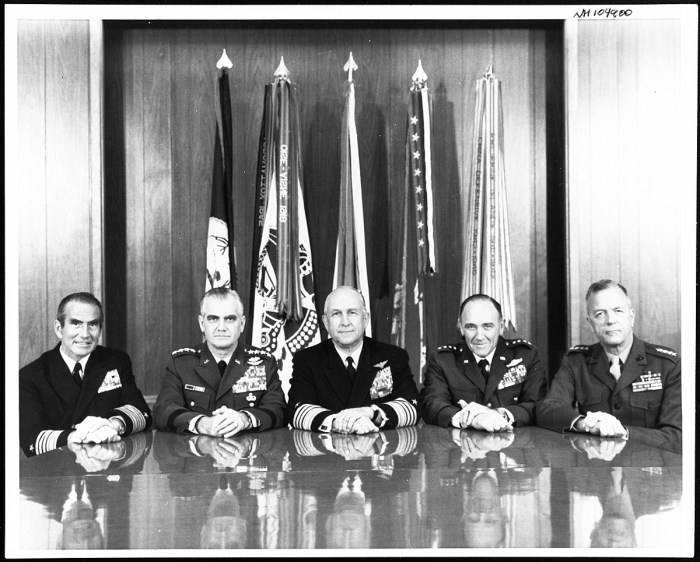
Effective preparation for the Joint Staff Law of War Pretest is crucial for success. Utilize the following strategies to enhance your performance:
Study Materials
- Joint Staff Law of War Handbook:Thoroughly study this comprehensive resource, which covers all relevant topics tested on the pretest.
- Additional Reading:Supplement your understanding with relevant books, articles, and online resources on the Law of War.
Practice Exercises
- Pretest Sample Questions:Obtain and practice answering sample questions similar to those on the actual pretest.
- Online Practice Tests:Utilize online platforms that offer timed practice tests to simulate the exam environment.
Study Groups and Discussion
- Collaborate with Peers:Form study groups or engage in discussions with colleagues to exchange knowledge and reinforce concepts.
- Seek Expert Guidance:Consult with mentors, instructors, or legal advisors for clarification and guidance on complex topics.
Time Management
- Allocate Study Time:Dedicate ample time for studying, prioritizing key concepts and areas where you need improvement.
- Review and Revise:Regularly review studied material and engage in self-testing to strengthen your understanding.
Additional Tips, Joint staff law of war pretest
- Understand the Pretest Format:Familiarize yourself with the structure, question types, and time constraints of the pretest.
- Stay Updated:Keep abreast of recent developments and changes in the Law of War.
Significance and Impact
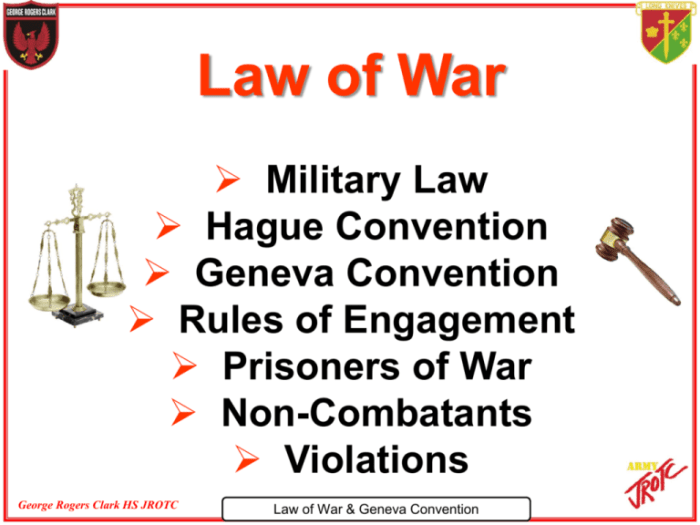
The Joint Staff Law of War Pretest holds immense significance in shaping the conduct of military operations and fostering legal compliance within the armed forces.
Impact on Decision-Making
The pretest equips military personnel with a thorough understanding of the legal framework governing armed conflict. By providing a comprehensive assessment of their knowledge, the pretest empowers decision-makers with the ability to make informed choices that align with international law and ethical principles.
This, in turn, minimizes the risk of legal violations and ensures adherence to the rules of war.
Enhancement of Operational Effectiveness
The pretest contributes to operational effectiveness by fostering a culture of legal compliance within the military. By ensuring that personnel are well-versed in the law of war, the pretest promotes adherence to established protocols and procedures, reducing the likelihood of operational setbacks or legal challenges.
Legal Compliance and International Reputation
The Joint Staff Law of War Pretest plays a crucial role in maintaining legal compliance and upholding the international reputation of the armed forces. By demonstrating a commitment to adhering to the law of war, the military reinforces its credibility and fosters trust with allies and the international community.
Questions Often Asked
What is the purpose of the Joint Staff Law of War Pretest?
The Joint Staff Law of War Pretest assesses service members’ understanding of the legal principles and ethical considerations governing armed conflict.
Who is the target audience for the pretest?
The pretest is designed for military personnel who may be involved in planning or conducting military operations.
How is the pretest structured?
The pretest typically consists of multiple-choice questions covering a range of topics related to the law of war.
What are the key topics covered by the pretest?
The pretest covers topics such as the principles of distinction, proportionality, and necessity; the protection of civilians and non-combatants; and the conduct of hostilities.
How can I prepare for the pretest?
Effective preparation strategies include studying the law of war, practicing with sample questions, and seeking guidance from legal experts.